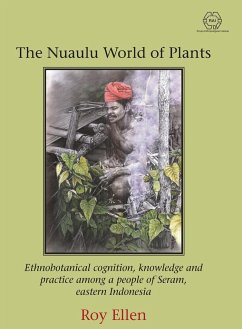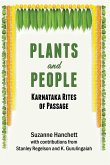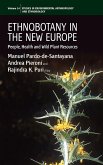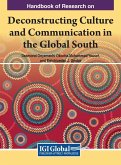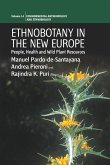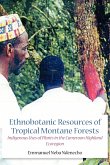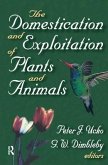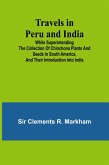Roy Ellen's The Nuaulu World of Plants is the culmination of anthropological fieldwork on the eastern Indonesian island of Seram, and of comparative enquiries into the bases of human classificatory activity through the study of ethnobiological knowledge over a fifty year period. This rich account of the ways plants feature in the worldview and lifeways of the Nuaulu, recognizes that plant knowledge is embedded in plural local and historical contexts: in swiddens, garden crops, managed fallow, village spaces and pathways; in the trees, and the ecological, conceptual and experiential relationships to forest; in plants' roles as healing agents, raw materials, fuels and in ritual; and in historical flux, with the introduction of exotic plants and the impact of colonial and post-colonial ways of seeing the plant world. Ellen's contemporary examination of Nuaulu classificatory practices, in the light of comparable observations made by the seventeenth-century Dutch naturalist Rumphius, gains us a better understanding of how scientific taxonomy emerges from folk knowledge. The comprehensive study of local plant classification based on robust datasets and long-term fieldwork presented here is a rare achievement, and comprises an outstanding resource for regional ethnology. But this book offers a further dimension, evaluating the theoretical consensus on the relationship between so-called 'natural' classifications and utilitarian schemes, and thereby highlights, and addresses, some of the problems of Berlin and Atran's highly influential framework for studying folk knowledge systems. It emphasizes the difficulties of simple claims for universality versus relativity, cultural models versus individual contextual schemata, and of two-dimensional taxonomies. Ellen persuasively argues that classification is a dynamic and living process of cultural cognition that links knowledge to practice, and is not easily reducible to graphical representations or abstract generalizations. Moreover, he draws attention to recent radical approaches to ontology and epistemology, specifically those focusing upon 'convergence metaphysics', arguing these present new challenges for the field.
Hinweis: Dieser Artikel kann nur an eine deutsche Lieferadresse ausgeliefert werden.
Hinweis: Dieser Artikel kann nur an eine deutsche Lieferadresse ausgeliefert werden.

